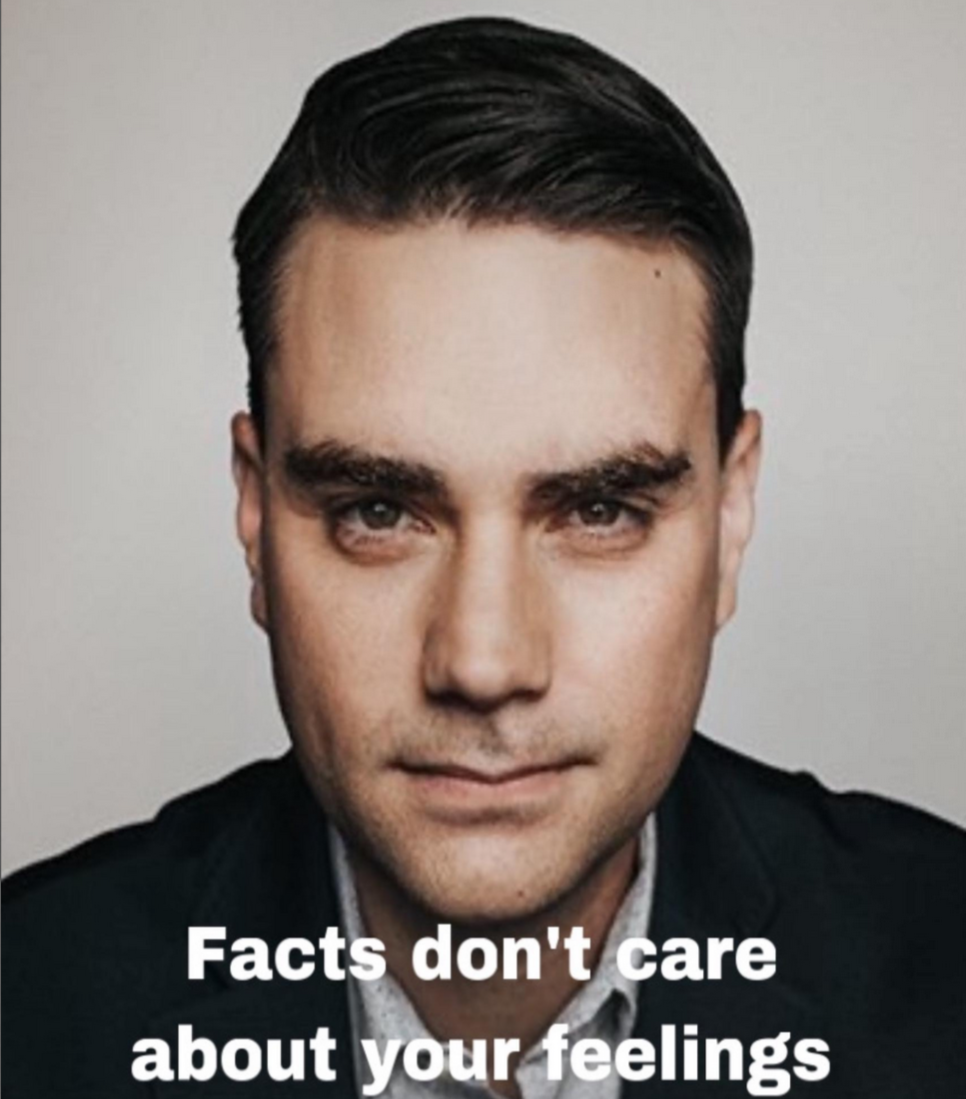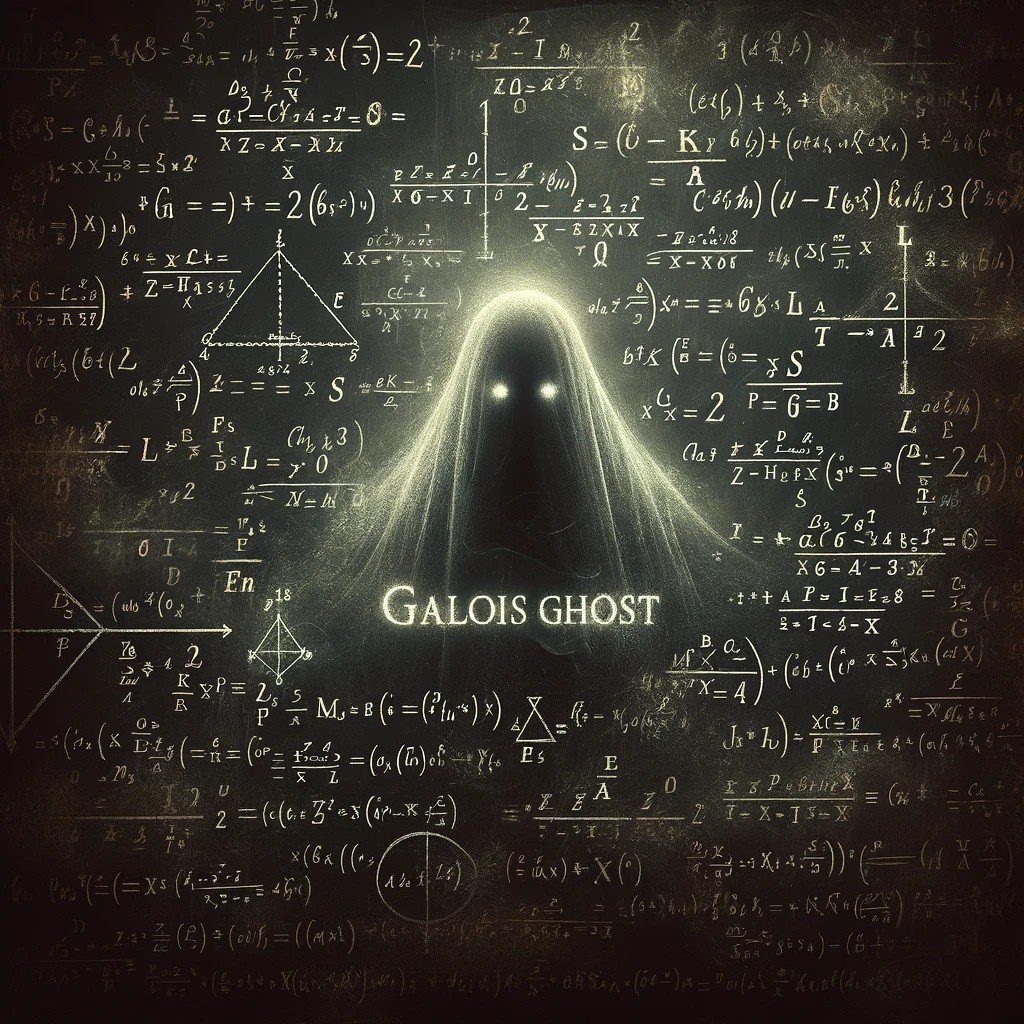Relevant xkcd as always
It is legitimately cool when a bunch of mathematicians get together in a room and say “Look at all the cool shapes and patterns we made,” then show it to a physicist who goes all frantic and starts shouting “OMG! I understand how stuff works!”
Gotta love how the more “Applied” a field is, the more “Impure” it is.
Calling a made up construct “the absolute truth” is hilarious
The way I see it, axioms and notation are made up but everything that follows is absolute truth
I’d say if your axioms don’t hold you wouldn’t go far in your quest for truth.
The thing that is absolute is a predicate of the form “if [axioms] then [theorems]”.
And the fun thing about if statements is that they can be true even when the premise is false.
Of course in boolean algebra “if [false] then p” is always true no matter “p”, but it’s not telling us much.
That’s not a gotcha. It’s basically just the definition of an axiom.
Axioms can be demonstrated. They don’t have to be purely theoretical.
Mass and Energy are axiomatic to the study of physics, for instance. The periodic table is axiomatic to understanding chemistry. You can establish something as self-evident that’s also demonstrably true.
One could argue that mathematics is less a physical thing than a language to describe a thing. But once you have that shared language, you can factually guarantee certain fundamental ideas. The idea of an empty set is demonstrable, for instance. You can even demonstrate the idea of infinity, assuming you’re not existing in a closed system.
You can posit axioms that don’t fit reality, too. And you can build up features of this hypothetical space that diverge from our own. But then you can demonstrate why those axioms can’t apply to this space and agree as such with whomever you’re trying to convey ideas.
When we talk about “absolute truth”, we’re talking about a point of universal rational consensus. Mathematics is a language that helps us extend subjective observation into objective conclusion. That’s what makes it a useful tool in scientific inquiry.
The test to know if anything is an absolute truth is if it is called an absolute truth. If it is called an absolute truth, then it isn’t an absolute truth. If it isn’t called an absolute truth, then it isn’t an absolute truth. Absolute truths don’t exist. If someone tells you something is an absolute truth, stop listening to them.
You could say it’s an absolute truth that absolute truths do not exist.
What about my Sith friend?
They’re made up constructs that reflect the absolute truth when applied correctly (from his perspective).
Well, it depends on your definition of truth and it could be the absolute truth by definition. A theorem is absolutely true in the same way that “a bachelor is an unmarried man” is categorically true.
“This line on the map is perpendicular to this other line on the map” is not a statement about the territory.
Math ain’t made up. Math is discovered.
I don’t think that’s a settled debate IIRC
deleted by creator
I was about to say “incompleteness theorem”!
That just means we can’t know everything about the system. Not that it is not true.
That’s computer science alongside with Church/Turing. Maths could have tried to claim it but they doubled down on formalism so they don’t deserve it.
That said though incompleteness follows from nothing but logical implication itself so it’s more fundamental than physics (try to imagine a physics without cause and effect that doesn’t get you cancelled because Boltzmann) and philosophy (find me a philosopher who wasn’t asleep during their logic lectures).
Yeah, I meant to say that the incompleteness theorem proves that math cannot be perfectly pure and fundamental. I don’t exactly care which field claims it, because I don’t like to encourage artificial boundaries between disciplines. It’s nice to use information theory results in physics :)
The other way around: As long as you accept that cause and effect are a thing, you must accept that there are things that are, fundamentally, uncomputable. And as our universe very much does seem to have cause and effect that’s a physical law, likewise is complexity theory. Differently put: God can’t sort a list with fewer than O(n log n) comparisons.
Math is a tool!
Visible disgust

Tool is a math?
Your a tool!
❤️
…
you’re*
(I’m sorry T_T)
Only on my dad’s side!
Therefore mathematicians are tools? QED or whatever
They are tool specialist by career. As for themselves, that is an individual assessment.
Specifically, a language. It moves information from one place to another. It can reveal new information too, but that’s more of a useful side effect imo.
I do see where you’re going but I would consider language a tool for communication.
Agreed. A language is a specific sort of tool for codifying and transmitting information.

You guys believe in objective reality?
Not as something we have access to but yeah!
Computer science, we use both of your tools to solve problems. And make an electronic canarys aka AI
Which dont solve much :/
The progams we use at work, are downright magical. Yo computer dude, how can a computer be inconsistent?
UHHHHHHH the little men inside take a coffee break :D *Windows 95 blue BSOD ensues *
If someone needs another existental crisis here’s a prompt:
- Is math universal or is it a system of thought invented by humans and it only makes sense to us?
All I know is that
1 = 0.9999…Then how can it be Truth at all?
If
3 * 1/3 = 3/1 * 1/3 = 3/3 = 1And
1/3 = 0.3333…Then
0.3333… * 3 = 0.9999… = 1I know how it works, I’m asking how can something so offensive be a universal truth?
If you’re offended by truth, that sounds like a you problem.
The universe is not a nice place. It never was, and never will be. This universe is merely a proving ground for the strong to conquer, and the weak to perish. You either offend, or be offended.

Models. Humans hold models of the world in their minds, math helps you understand and create more complex and consistent models. You always exist in a simulation of your own construction to make sense of the universe.
My feeling is that no model can ever fully capture a complete description of reality, the information isn’t compressible to such a degree that approximations or abstractions can be lossless.
Most of what we consider to be invention is merely combinatoric novelty.
How we express math is particular to us, though it’d be commonly decipherable. Math is more and more globally standardized as more of it gets globally acknowledged as “the most useful” way to do math. E.g. place holder 0 vs Roman Numerals. Ratios are conceptually universal to any species that bothers measuring. Quantification maybe less so. Especially if their comprehension of advanced sciences/engineering is somehow intuitive instead of formally calculated.
If a space faring species has a concept of proportions/ratios, but not individual identity of numbers, presenting Meters as a portion of the speed of light might be a universal way discern the rest of our math. Water as Liters might be more accessible, depending on how they think of water.
Sets and Axioms are purely conceptually representative and so viable as long as they’re capable of symbolic abstraction at all.
Universal. How else would you calculate or solve equations?
Like our ancestors with goat entrails and a magic talking stick.
The rules are the same. Add 3 to 5 and you’ll always have 8. Geometric calculations can’t change how they work either. Etc.
Good thing physicists solved that problem already; if everything is made up and can only be observed through our preconceived notions and there’s no way to prove a world beyond them, then it doesn’t matter. The universe we can observe is reality and everything beyond that is beyond meaningful definition and is therefore useless, which is how we define “philosophy”.
Math was not invented. It’s was discovered.
Theory without application is useless, isn’t it?
BURN THE HERETIC!
But seriously though, yes, but useless isn’t the same as pointless. Art by some definitions is useless, but it can still have a point, even if that point it just to be fun.
If something’s fun, it isn’t useless.
Very true, we’re all really just splitting hairs about the definitions of words
Following from this, then math isn’t useless!
I agree. I’m pretty sure a bunch of stuff that Euler did was considered useless until it actually was used hundreds of years later. I’m pretty sure topology had a lot of people wondering what the hell to use it for until it was rediscovered multiple times.
I imagine it like this: First we do the useful stuff as much as we can. But at some point it slows down and halts. Then with that knowledge doing useless stuff is easier. So we widen the search. Maybe most of them are really useless but few that can make a breakthrough is enough. Now back to useful stuff. This process is not discrete of course it’s more dynamic and fluid. Does this make sense?
Theories can be a stepping stone to other theories. Until we explore those chains, we don’t know if there is anything useful at the end.
E.g. initially, lasers were a solution looking for a problem. An interesting quirk possible due to some interesting bit of physics.
Maths explores idea spaces. Much of that is purely of interest to other mathematicians. However, it sometimes intersects with areas of interest to other scientists, at which point it becomes extremely useful.
In social science, theory requires application. Otherwise, it’s just a cool story, bro.
Theory without application is often the entire point in certain academic circles and if someone comes along and finds a practical use for their mathematically based philosophical musings they delve deeper looking for the pureness
Until is has a use, technically, it is useless.
But my gonads are getting stimulated.
Bruh… then imagine how hard a philosopher’s world would be like…
I don’t understand this meme format. Are the speech bubbles the texts received or the texts sent? It looks like they’re typing, so could be both.
I assumed the bubbles are the texts sent, but I could see the argument for the other side too.


















